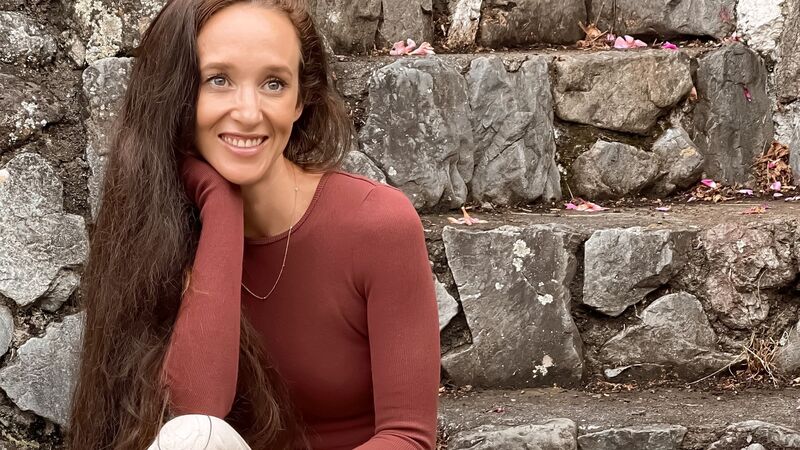You are viewing your 1 free article this month. Login to read more articles.
Lesley Pearse: Little girls lost
Penguin is taking the opportunity of Lesley Pearse's 60th birthday this year to put a big push behind her latest emotive page-turner, A Lesser Evil (Michael Joseph, August). Magazine advertising, a buy-one-get-one-free offer, and afternoon teas and signings with the author are all elements in the push to make the book a number one hardback bestseller.
Pearse, a warm woman with a well-developed sense of humour, has reacted to the big Six-Oh her own way, going on a drastic diet and changing her hair colour to a vibrant red. It's also been a time for a little reflection.
"I was just coming up to my 50th when I left [my third husband] Nigel," she explains over tea and biscuits in a Bath hotel. "My business [a gift shop in Bristol] had gone down, and I was living in a grotty flat with my youngest daughter. I think it's incredible that so much has changed in 10 years."
Pearse had come to writing late, with long struggles to get published before signing up with agent Darley Anderson. Following the shortlisting of her second novel Tara for the RNA award, her profile soared and her sales have now topped two million. She has swapped the grotty flat in Bristol for a country cottage outside the city, where she spends a lot of time in peaceful solitude.
"Most people think I'm the ultimate party animal, because they've only seen me in that mode," she says. "But I like being alone, I like being in the garden. Some of my girlfriends say, 'Are you happy?' because I am alone a lot. And I am, I'm blissfully happy."
Dark, gritty themes
Pearse's fiction--which ranges from romantic sagas to historical adventure and crime--is less contented, reflecting the many troubles of her earlier life. The new novel A Lesser Evil is characteristically dark, as naive young Fifi moves with her bricklayer husband Dan to a run-down London street in the 1950s. Most of her neighbours are wonderful; but there is one family, the Muckles, who turn out to be harbouring a very dark secret indeed.
Pearse's fans may not be surprised to learn that this involves the abuse of children; it's a subject close to the author's heart (she is an active president of the Bath and West Wiltshire branch of the NSPCC).
"I think emotionally damaged children are my forte," she explains. "I really understand about little girls feeling lost and frightened and misunderstood."
It all dates back to her infant years in a Catholic orphanage, where she was taken at the age of three when her mother died. "My first memories were of being at the orphanage, which still haunts me," she says. "One time I wanted to go to the loo in the middle of the night, and one of the nuns caught me. I peed myself on the floor and she rubbed my nose in it. All this sin business--we weren't allowed to take our vests off even when we were in the bath."
Agony aunt
Her themes speak very directly to her women readers, she says. "The reaction of my fans is almost as though I'm an agony aunt. They tell me incredible stories and they really seem to love me. People often say, 'You've got so much compassion for people with problems.'"
And for all her hard-won success, she insists that her life still lurches "from crisis to crisis", even now. "We were in Thailand at Christmas, and in Britain I was reported missing after the tsunami.
"The night it happened my girls had gone down to a rave and I didn't know where they were for five hours. It was appalling, I can tell you. It puts things in perspective. It's like the question, 'What would you grab in a fire?' Then you know you'd grab your babies, get as many of them in your arms as you could, and run for it. You wouldn't worry about money."









